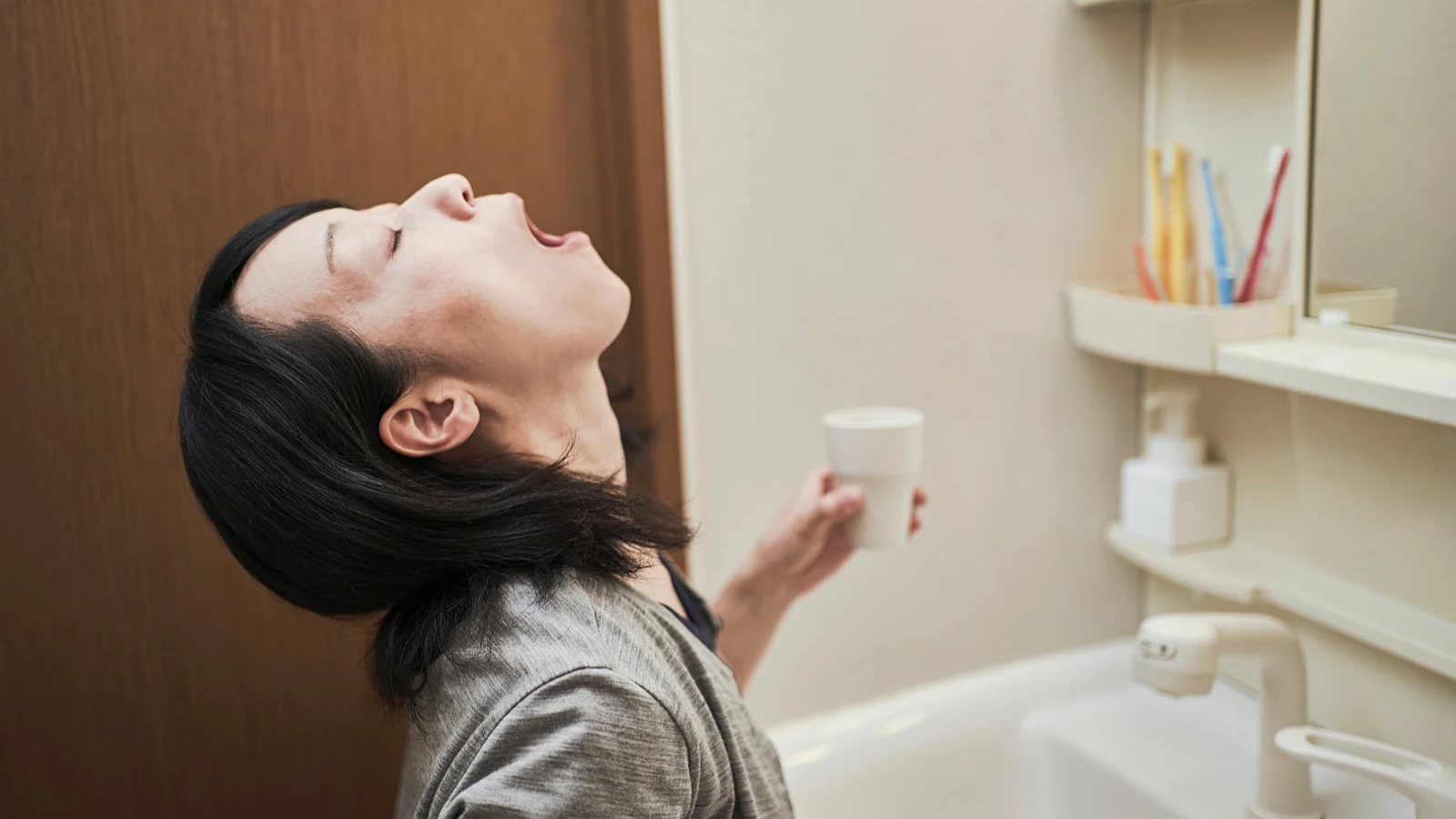Hiccups are short, repeated contractions of your diaphragm muscle. This causes a sudden closure of your vocal cords, creating the “hic” sound. They are usually harmless and temporary, but they can be annoying and distracting. Everyone experiences hiccups at some point, and you might have wondered about the fastest way to make them stop.
This article explains what hiccups are, why they happen, and which methods can help stop them. You will learn about common tricks that often work, as well as some lesser-known techniques backed by simple science.
What Causes Hiccups
Hiccups happen because of irritation or stimulation of the nerves controlling the diaphragm. The diaphragm is the muscle below your lungs that helps you breathe. When it contracts suddenly, you get an unexpected breath in, followed by the closing of your vocal cords.
There are many reasons why hiccups start:
- Eating too quickly
- Drinking carbonated beverages
- Consuming spicy or hot foods
- Sudden changes in temperature inside your stomach
- Emotional stress or excitement
- Swallowing air while chewing gum or drinking with a straw
How to Stop Hiccups
Most hiccups stop on their own within a few minutes. Some can last longer, and in rare cases, they may continue for hours. Knowing how to stop hiccups quickly can save you from discomfort.
Holding Your Breath
One of the simplest tricks to stop hiccups is holding your breath. This increases the amount of carbon dioxide in your blood, which can help your diaphragm relax.
To try this method:
- Take a deep breath.
- Hold it for as long as you can without strain.
- Exhale slowly.
- Repeat once or twice if needed.
This method works because the extra carbon dioxide may reset the nerve signals that cause the diaphragm to spasm. It is quick, easy, and requires no tools.
Drinking Water
Water is often used to stop hiccups because it can reset the muscles involved in swallowing and breathing. The act of swallowing disrupts the hiccup cycle.
There are a few ways to use water:
- Down a glass of cold water.
- Sip water slowly in a controlled way.
- Gargle with water for a few seconds.
Each version creates a shift in how your diaphragm and throat muscles work. Sometimes, even the shock of cold water can stop the hiccup reflex.
Using Controlled Breathing
Breathing exercises help calm your diaphragm and give your body a steady rhythm again. Instead of holding your breath, you can try controlled breathing.
To practice this:
- Breathe in slowly through your nose for five seconds.
- Hold the air for a couple of seconds.
- Breathe out slowly through your mouth for five seconds.
- Repeat until your hiccups stop.
This method not only helps with hiccups but also relaxes your body.
Eating or Sipping Certain Foods
Some foods and drinks may interrupt hiccups because they stimulate the nerves in your throat and mouth. The sudden sensation can distract your body from the hiccup reflex.
Here are some options:
- A spoonful of sugar: The grainy texture may reset the nerves that control swallowing.
- A slice of lemon: The sour taste provides a strong signal that interrupts hiccups.
- A teaspoon of honey or peanut butter: Sticky foods change swallowing patterns, which may stop the spasms.
- Vinegar: The sharp taste works similarly to lemon juice.
Intense flavors or textures send sudden signals through your nerves to the brain. This interrupts the cycle, causing hiccups that make them stop.
Applying Gentle Pressure
You can sometimes stop hiccups by using gentle pressure on certain parts of your body. This works by engaging your diaphragm or nerves in a new way.
Try these simple techniques:
- Pull your knees to your chest and hold them for a minute.
- Lean forward slightly to put pressure on your chest.
- Press gently on your diaphragm while sitting.
These methods shift the position of your diaphragm and may help reset its rhythm.
Stimulating the Vagus Nerve
The vagus nerve is a large nerve that runs from your brain to your stomach. Stimulating it can sometimes stop hiccups.
Ways to do this include:
- Coughing or clearing your throat
- Swallowing a piece of dry bread
- Gently pulling on your tongue
- Placing your fingers in your ears for 20 to 30 seconds
These activities stimulate the nerve signals and may break the hiccup cycle.
Gargling or Using Ice
Cold sensations can interrupt hiccups in some cases. Gargling with cold water or sucking on an ice cube gives your body a sudden jolt that may reset your diaphragm.
To try this method:
- Fill a glass with icy water.
- Gargle for 20 seconds.
- Repeat if needed.
You can also place a small ice cube on your tongue and let it melt. The intense, cold sensation activates nerves in your mouth that may stop the spasms.
Breathing Into a Paper Bag
This method is similar to holding your breath. Breathing into a paper bag increases the amount of carbon dioxide in your blood. This may help calm the diaphragm.
To do this safely:
- Hold a small paper bag over your mouth and nose.
- Breathe in and out slowly for 10 to 15 seconds.
- Remove the bag if you feel lightheaded.
Do not use a plastic bag, and stop immediately if you feel uncomfortable.
Distracting Your Body With Movement
Sometimes physical activity interrupts hiccups. Quick movement changes the signals going to your diaphragm.
You can try:
- Doing a set of jumping jacks
- Running in place for a short burst
- Stretching your arms overhead and holding them there
These movements reset your breathing pattern, which may stop the hiccups.
Less Common Techniques That May Work
Besides the standard tricks, there are a few less common ones people use. These may not work for everyone, but they are worth trying if hiccups persist.
- Swallowing a spoonful of dry rice
- Holding your breath while sipping water
- Biting into a piece of ginger
- Massaging the back of your neck gently
These methods all work on the same principle: they interrupt or reset the nerve pathways linked to the diaphragm. Different people respond to various tricks, so you may need to try more than one.
When to See a Doctor
Most hiccups last only a few minutes and stop with simple tricks. If hiccups persist for more than two days, they may indicate an underlying issue. In such cases, medical attention is essential.
Long-lasting hiccups can sometimes be linked to:
- Nerve irritation
- Gastrointestinal issues
- Metabolic conditions
- Certain medications
If your hiccups persist or interfere with daily life, speak with a healthcare provider.
Conclusion
Hiccups are a common problem caused by sudden spasms of the diaphragm. While they usually stop on their own, simple tricks can help end them quickly. Holding your breath, drinking water, eating certain foods, or applying gentle pressure are easy methods to try.
If hiccups last for a long time or come back often, they may need medical attention. For most people, though, the solutions described above will stop hiccups and bring quick relief.


